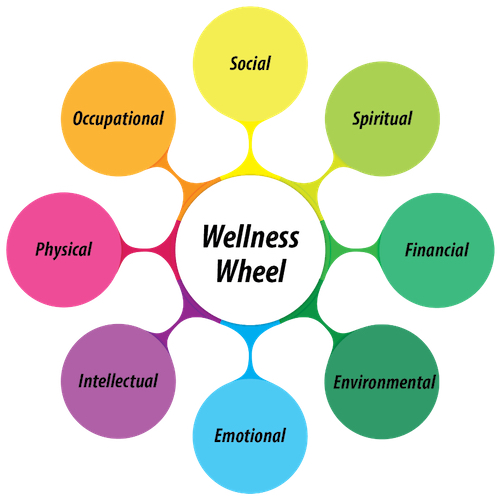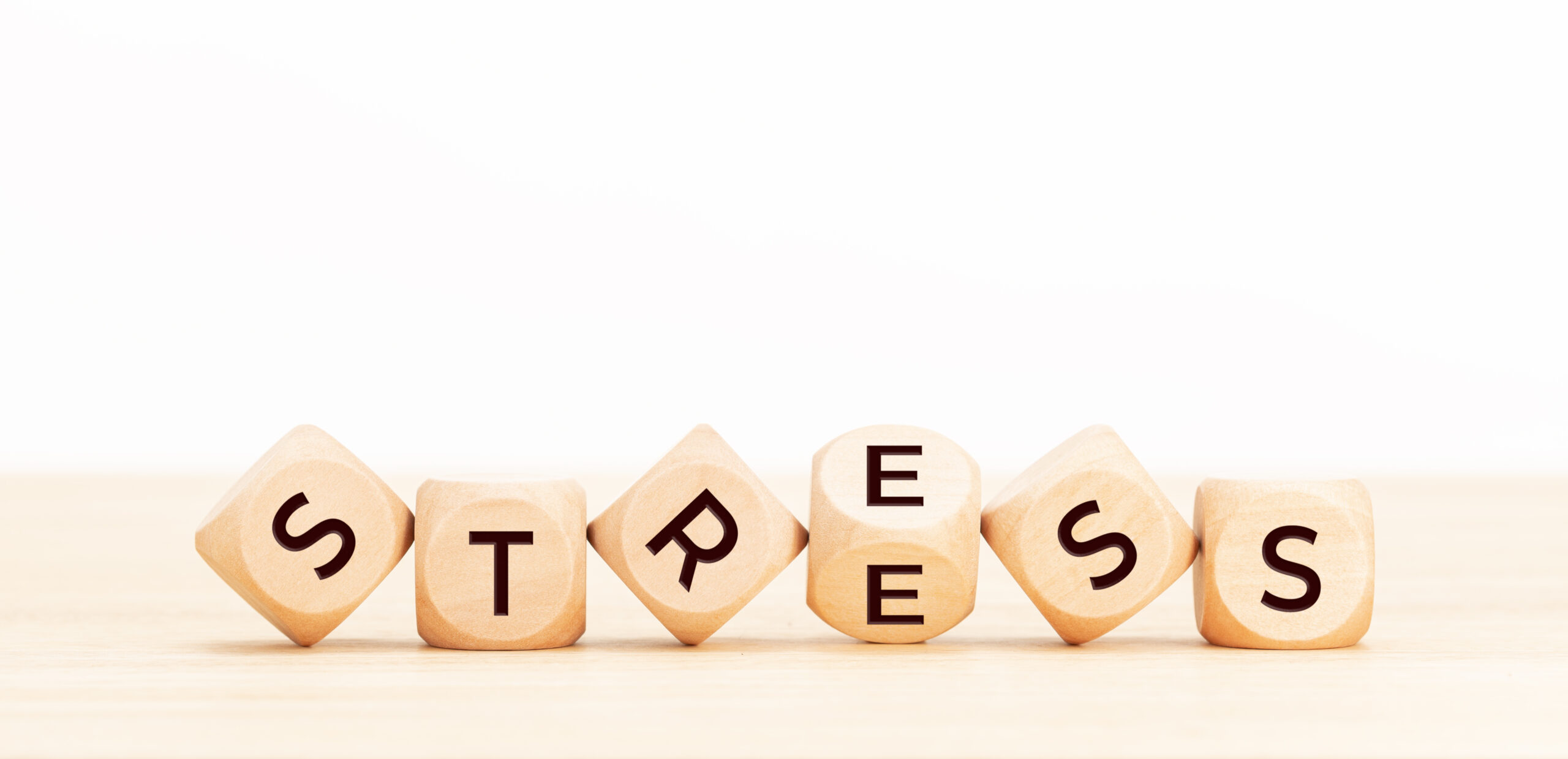EY Y03 L09 Wellness
This week’s Questions

- When during the week do you feel the most relaxed?
- When do you feel the most stress?
- There are many ways stress, anxiety and depression can manifest when we become overworked or socially isolated. Name one. Who do you know who has shown symptoms of stress, overwork, anxiety and depression? What happened? Are they OK now?
- There are many things we can do to improve our mental health and well-being. Name one. Do you do this? Why?
- Until the COVID19 crisis, the suicide rate in Japan had been steadily decreasing. How was this achieved do you think?
- What do you think you should or want to do more to improve your mental health and happiness?
This week’s Responses
Sorry. You must be logged in to view this form.
Teacher’s Compositions

by Jim Usher
Read Now
Question 1
1Question 2
2Question 3
3Question 4
4Question 5
5Question 6
6Tough Vocabulary
- 0 -
comments

by Jon Hay
Read Now
Question 1
I feel the most relaxed on Monday as my children are at daycare and I can catch up on my housework.Question 2
I feel the most stress on Friday as this is a very busy day for me with my most challenging class on this day.Question 3
I think increased alcohol consumption can show signs of stress. I used to have a co-worker who dealt with stress by drinking after work.Question 4
Exercise has helped me get rid of my stress. I haven't exercised regularly recently due to my hectic family life.Question 5
I think a change in culture and attitude has help lower the rate.Question 6
I like the idea of a 4 day work week. Experts say that a 4 day work week improves productivity.Tough Vocabulary
| - English - | - Japanese - |
|---|---|
| challenging | 難しい |
| comsumption | 消費 |
| get rid of | 削除 |
| hectic | 激しい |
- 0 -
comments

by Antonio Santosa
Read Now
Question 1
I feel the most relaxed when I'm reading a book or working on a specific skill during my commute to work from Kyōto. I also follow a morning routine that helps me relax and become mindful of what's happening around me.Question 2
I don't usually feel or notice that I'm stressed but if I have to choose one, it will probably during presentations and some group lessons that I have on Mondays.Question 3
One of my extended family members tends to bite his nails when he's anxious or feeling pressure from something. My mom told me that it has become his coping mechanism since when he's a child. He's doing well right now but he will probably keep doing it to manage his stress. After all, being stressed is actually a response that our brain makes to make us feel better about the thing that causes us to worry.Question 4
The first thing that comes to my mind is mindfulness. It is the practice of being completely aware of the present moment and feeling how we breathe. I sometimes do this when I feel overwhelmed and it has helped me countless times to calm down. There are so many things that I have learned from mentors and books to combat stress. Some studies even suggested that being chronically stressed is equivalent to smoking 5 cigarettes per day.Question 5
I believe that a part of it is related to the change in laws regarding working conditions. Policymakers have made suicide prevention programs that proved to be beneficial to the country. When the COVID-19 pandemic took over the world, things started to take a turn for the worse. People got lonelier, more stressed, and felt like the world is ending.Question 6
I remember listening to a TED talk by Dr. Robert Waldinger about a study that has been active for 75 years by Harvard University regarding longevity and happiness. If I remember correctly, the #1 key to long life and being happy is the quality of relationships that you have with the people around you. It is better to have 1 or 2 very close friends that you can trust 100% than having 100 friends that you never or rarely talk to. They found that people who maintain good and close relationships with their peers are less likely to suffer from dementia and chronic diseases.Tough Vocabulary
- 0 -
comments
